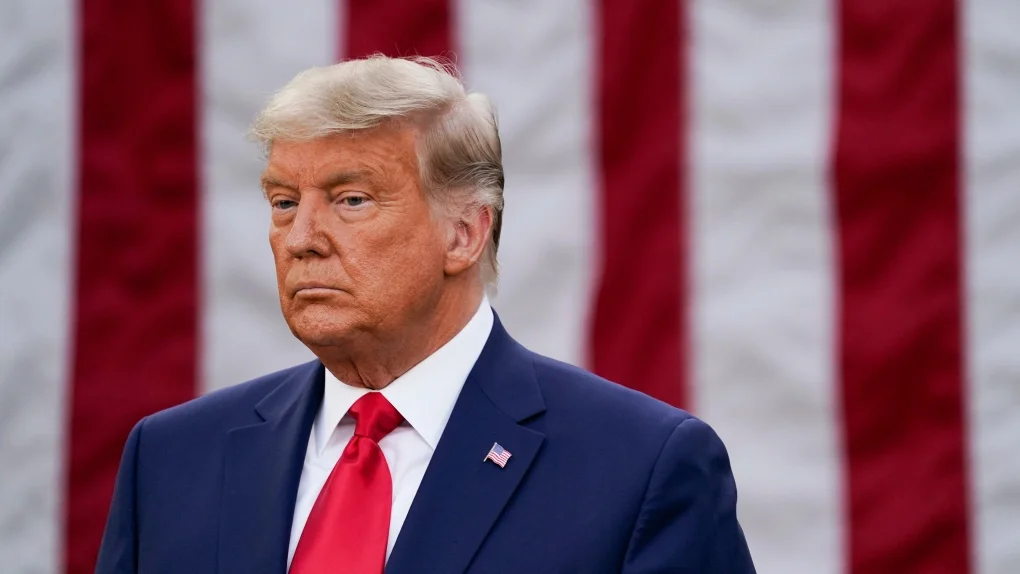A recent audio recording has emerged, shedding light on former US President Donald Trump’s admission of keeping a classified Pentagon document related to a potential attack on Iran even after leaving the White House. This revelation has significantly impacted the ongoing investigation into Trump’s handling of classified materials and his alleged efforts to overturn the 2020 presidential election results. With federal prosecutors obtaining this crucial piece of evidence, questions surrounding Trump’s legal exposure and contradictions in his claims have come to the forefront.
Recording Exposes Trump’s Knowledge and Limitations:
According to CNN, the audio recording, dated 2021, captures Trump’s awareness of retaining classified material and his understanding of the limitations regarding declassification post-presidency. The recording represents a significant breakthrough for prosecutors, showcasing Trump’s explicit acknowledgment of possessing classified documents and recognizing the restrictions on his authority to declassify them.
The discussion captured in the audio recording took place during a meeting at Trump’s Bedminster golf club in New Jersey. Participants included individuals involved in the production of an autobiography for Mark Meadows, Trump’s former chief of staff, as well as other aides from his administration. The revelation of this meeting has raised legal concerns, as it contradicts Trump’s previous claims of having declassified all pertinent documents. Witnesses, including General Mark Milley, have been extensively questioned before a federal grand jury regarding the audio recording and the classified document.
Trump’s varying explanations for retaining classified materials have created confusion and further legal complexity. Initially, he claimed a standing declassification order but later asserted that he could declassify materials simply through his thoughts. Trump’s legal team has argued that the retention of materials was unintentional, while Trump himself has contended that the documents were automatically declassified upon his possession.
Special Counsel Jack Smith’s investigation into Trump’s handling of classified documents and his alleged attempts to overturn the election results is reportedly reaching its conclusion. The recently revealed audio recording provides prosecutors with critical evidence to examine Trump’s actions and potential legal violations in greater depth.
The emergence of this audio recording strengthens the case against Trump and bolsters the investigation into his handling of classified materials. As the investigation nears its end, the recording serves as a significant piece of evidence, undermining Trump’s claims of complete declassification and shedding light on his understanding of classified information.
The audio recording revealing Trump’s admission to retaining a classified Pentagon document after his presidency has intensified the ongoing investigation into his handling of classified materials. This crucial evidence has raised legal concerns, exposed contradictions in Trump’s claims, and deepened the scrutiny surrounding his actions. With the investigation nearing its conclusion, the implications of this recording on Trump’s legal exposure and potential consequences await further developments.




